Bathroom Etiquette and Rules Around the World
27th Mar 2024
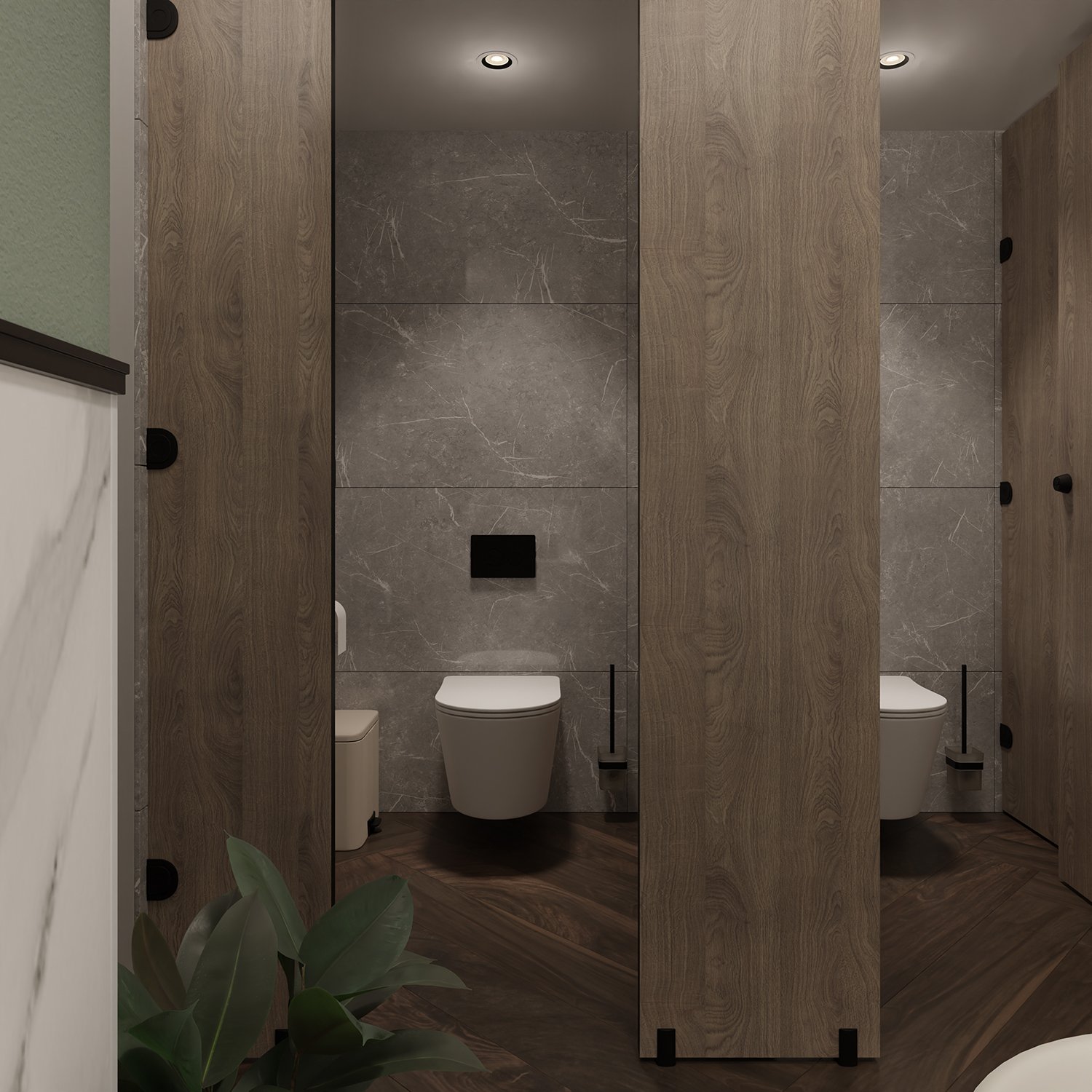
Each country has its own unique culture and traditions, from the food to the language – and even bathroom norms!
Navigating bathroom etiquette can be a bit daunting, especially when you're exploring somewhere new. Have you ever wondered whether to toss your used paper in the toilet or the bin? Or maybe you're unsure if you'll have to pay to use a public bathroom. It's natural to have these questions, but asking can sometimes feel awkward or even rude.
That's why we've pulled together a guide to toilet etiquette and rules for some of the most popular tourist destinations around the world so you know what to expect.
8 bathroom etiquette rules every traveller should know
1. In Indonesia, the left hand is the toilet hand
In Indonesia, the left hand is traditionally used to cleanse yourself after using the toilet. For everything else – like shaking hands, offering a gift or even pointing – it's good etiquette to use your right hand.
So, if you're handing something over or greeting someone, remember to avoid using your left hand, as this could be considered dirty or rude. It's an unspoken rule: left for the toilet, right for the rest. It's a small gesture that shows respect for Indonesian customs and traditions.
2. Bathroom privacy and cleanliness is a priority in Japan
In Japan, bathroom privacy and cleanliness in shared spaces are top priorities. That's why it's so important to remember to leave the bathroom how you found it and clean up after yourself.
Japan's high-tech toilets can also help with this. You'll often find features like front and back jet washers, reducing toilet roll waste. Some models even boast lid-opening automation, promoting hygiene by eliminating the need to touch the toilet lid.
Many people feel uncomfortable about being heard while using the toilet. However, in Japan, you don't need to worry about this, thanks to the Japanese Princess – a device found next to the toilet.
The Japanese Princess mimics the sound of flushing water when you press a button. This covers any noises without the need for actual flushing, which also helps save water.
3. Be prepared to squat in Asia
Some Asian countries like Singapore, Thailand, China and India have squat toilets. These are holes in the ground with steps on each side to place your feet.
Although it may be a shock at first and certainly takes some getting used to, squatting when you go to the bathroom, in contrast to sitting down, is actually better for your health, according to the NHS. When you squat, your muscles relax more, and gravity helps things move along smoothly. This can make it less likely for you to feel constipated or have other problems.
And it's not just Asia – in remote parts of Australia that lack plumbing, you might come across a "drop dunny". These outdoor toilets are built above a hole in the ground and usually require you to squat.
4. You can't flush toilet paper in some countries
In many parts of the world, it's second nature to toss used paper down the toilet without a thought. However, in countries like Turkey, Greece, and Egypt, you can't flush it. This is because the narrow pipes and sewer systems struggle to break down toilet paper and are prone to clogging. Instead, a bin is usually provided in the cubicle where you should dispose of the used paper.
Dealing with a blocked toilet can be embarrassing, especially in a public bathroom. While restrooms often have signs telling you if you need to put paper in the bin, it never hurts to do some research before you travel.
Here are the 10 main European countries where you can't flush paper. Just keep in mind that not all restrooms in the country may follow the same practice, so it's best to look out for signs and information wherever you go.
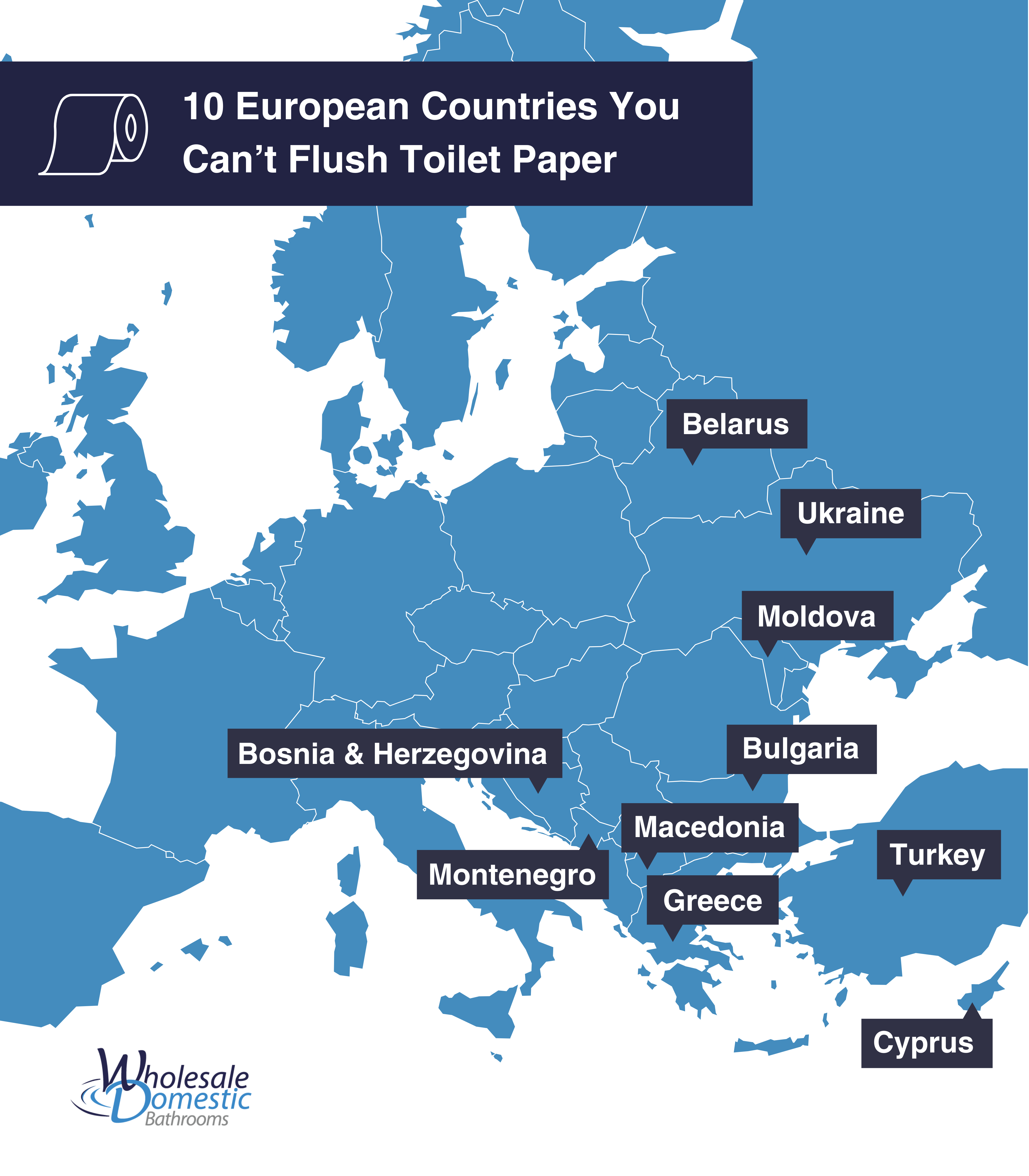
5. In countries like China, you'll need to bring your own toilet paper
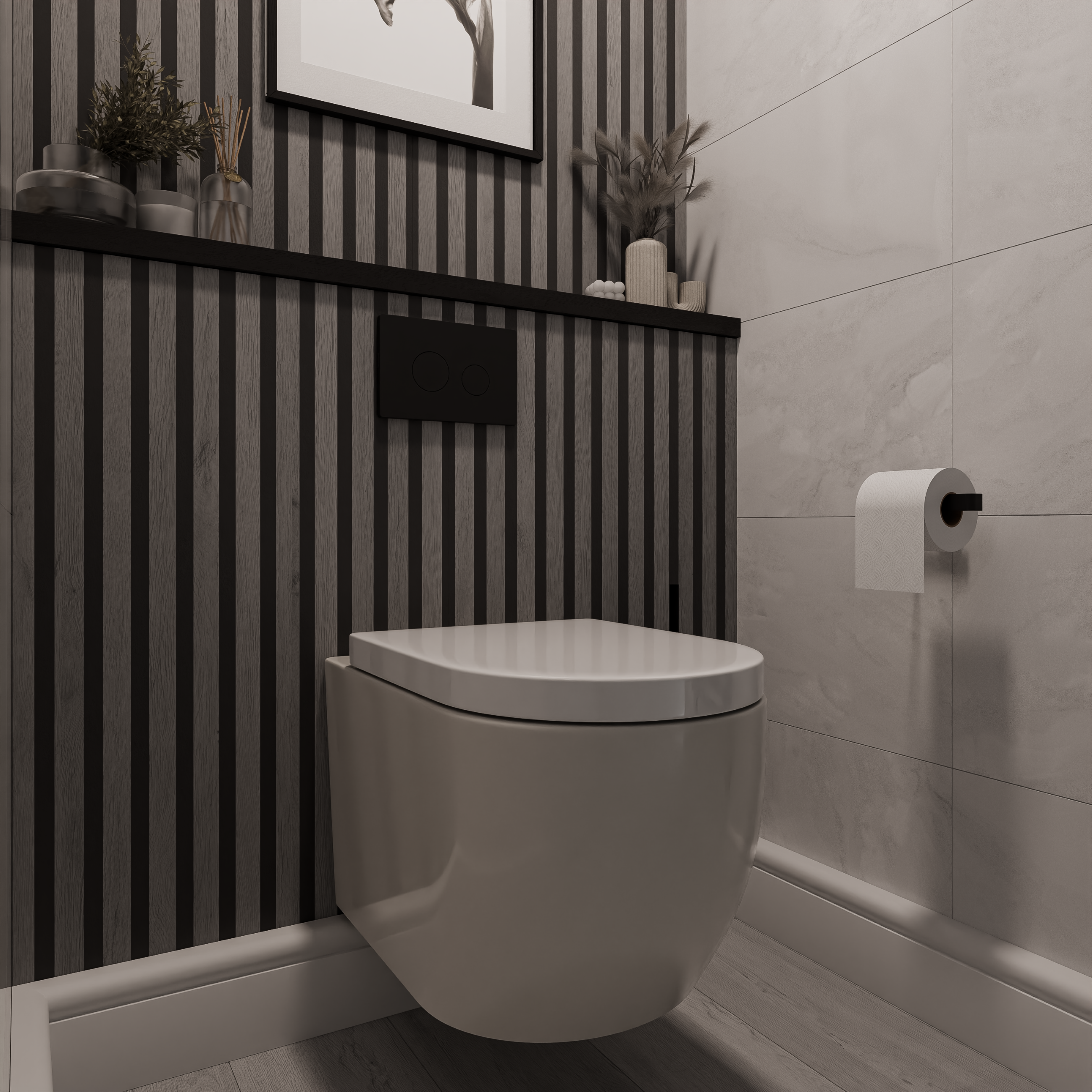
In countries like China and South Korea, you won't always find toilet roll in public bathrooms. This shortage isn't due to negligence, but rather an issue with theft. So, it's a smart move to pack some toilet paper in your bag before heading out for the day. That way, you won't be caught out!
In Beijing, some toilets do have paper and use high-tech facial recognition to combat theft. Toilet paper is behind a dispenser that will only release more paper to the same person after a certain amount of time has passed.
6. Not flushing the toilet is against the law in Singapore
Not flushing a public toilet in Singapore is considered a crime, and if you're caught in the act, you could be facing a fine of over $150! And if you think you can just ignore the fine, think again – failure to pay up could land you in prison.
7. Pay to pee in Sweden
If you're in Sweden, don't be surprised if you have to pay to use a public toilet. Barriers often control access to these facilities, requiring payment before granting entry. Many of them only accept exact change, so if you're planning a trip to Sweden, it's essential to have some spare change on hand! Some restrooms even have attendants stationed at the door, ready to collect your fee.
It's often a small fee, and it actually serves a good purpose. It usually goes towards paying staff who keep the facilities clean and well-stocked with toilet paper and soap.
And it's not just Sweden – other countries like Finland and the Netherlands have similar systems in place too.
8. Some European restrooms have tip jars
Unless you're in busy tourist areas, public toilets are usually free. However, when there are staff members attending to them, it's customary to leave a tip as a gesture of appreciation for their efforts in maintaining cleanliness and upkeep. So, if you spot a tip jar on the side, consider leaving a few coins.
Additional facts about restrooms around the world
All-gender bathrooms are becoming increasingly common
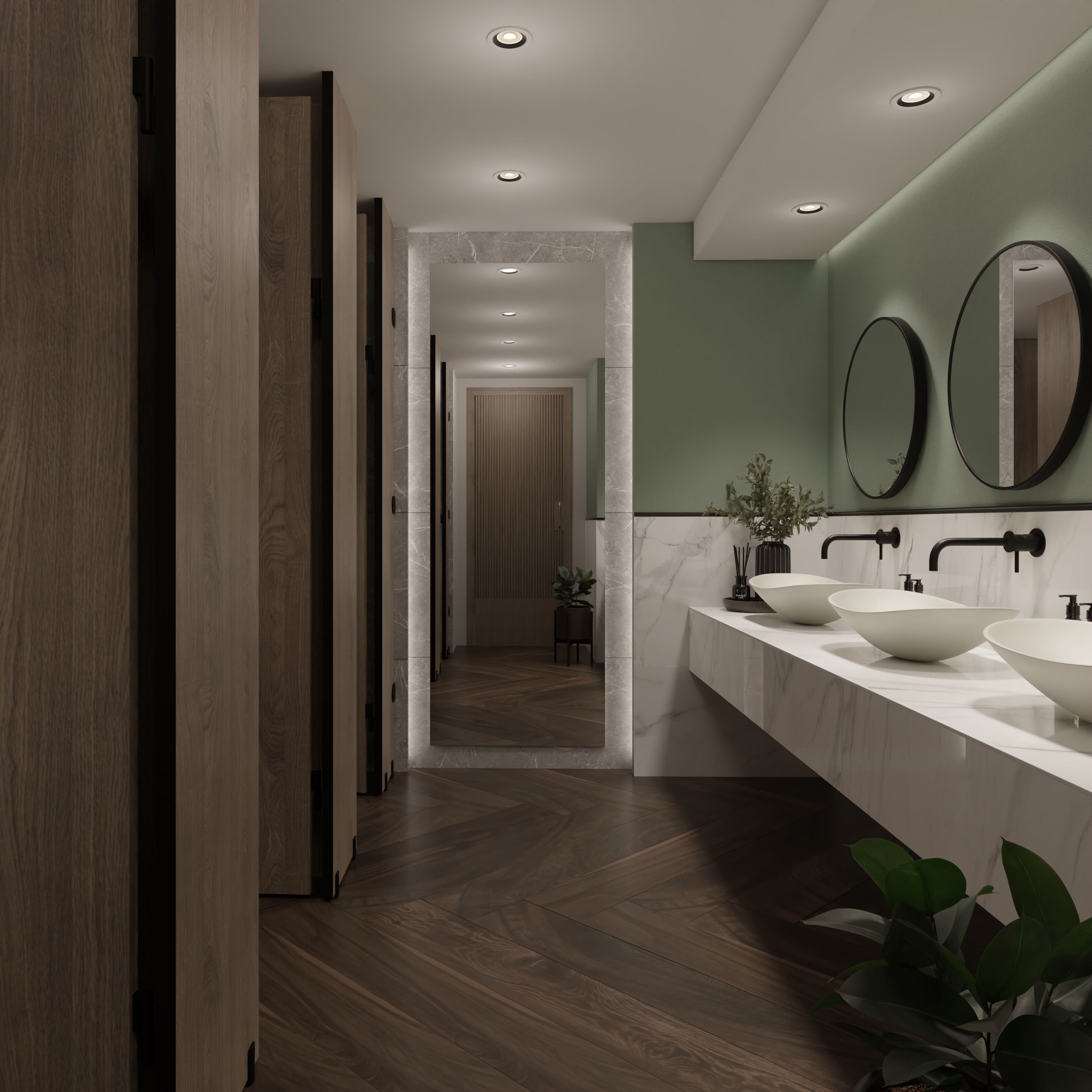
All-gender bathrooms are gaining popularity in countries like the USA, Canada, Japan, and Thailand. These unisex restrooms are open to everyone, regardless of their gender identity.
They particularly benefit transgender people, those with disabilities or special needs who may need assistance, as well as parents helping their children.
Letting someone use your toilet cubicle by law in Scotland
You might raise an eyebrow at the thought of knocking on a stranger's toilet door. Well, according to old Scottish common law, if you're using a public toilet and there's a knock on the door, you're legally required to let them in.
According to the BBC, the Scottish Law Commission has set the record straight – it's simply a myth and holds no legal weight today. They believe it probably came from the importance of hospitality in ancient Scottish law.
Besides, it's not exactly safe to let strangers into your personal space, especially if they're knocking on your home, asking to use the bathroom.
Although this is a myth, it's worth mentioning that hospitality is a cherished tradition in Scotland – one they take quite seriously. So, while there might not be a law about it, lending a helping hand to fellow restroom users is always appreciated in the spirit of Scottish hospitality.
You might come across street urinals in cities like Amsterdam
When living in the city centre, surrounded by bars and restaurants, public urination can be a problem. To address this issue, some countries have started installing permanent street urinals.
For example, Amsterdam has public urinals along canal streets that are discreetly tucked away. Cities like Paris and London have also implemented similar measures to tackle public urination.
Toilets in China don't usually have locks
In China, it's common to find restroom doors without locks, and even if there is one, people tend not to use it. This is mostly because people see locks as unhygienic; using the toilet and then touching the door before washing your hands can spread germs.
Some toilets in Berlin have urinals for women
Although not yet widely available, If you walk into a women's restroom in Berlin, you might come across a urinal.
Most women have experienced the frustration of waiting in a long line for the restroom while noticing that men seem to breeze in and out.
Well, women's urinals could be the solution! Unlike traditional toilet stalls, which require individual cubicles and can take up a significant amount of space, women's urinals are compact. This means more people can use the bathroom at the same time, speeding things up.
However, although there are often signs to explain, some women might not know how to use them or feel intimidated, so they haven't been rolled out fully yet.
Sinks have a second purpose in Middle Eastern countries
In Middle Eastern countries where Islam is the predominant religion, you may come across people washing their feet in a public bathroom sink basin.
This is because, in Islam, cleanliness is essential, both physically and spiritually. Before performing prayers, Muslims are required to perform wudu – a purification ritual – which involves washing specific parts of the body, including the hands, face, arms, and feet. It's considered a way to spiritually purify before standing in front of Allah in prayer.
Learn more about Wholesale Domestic
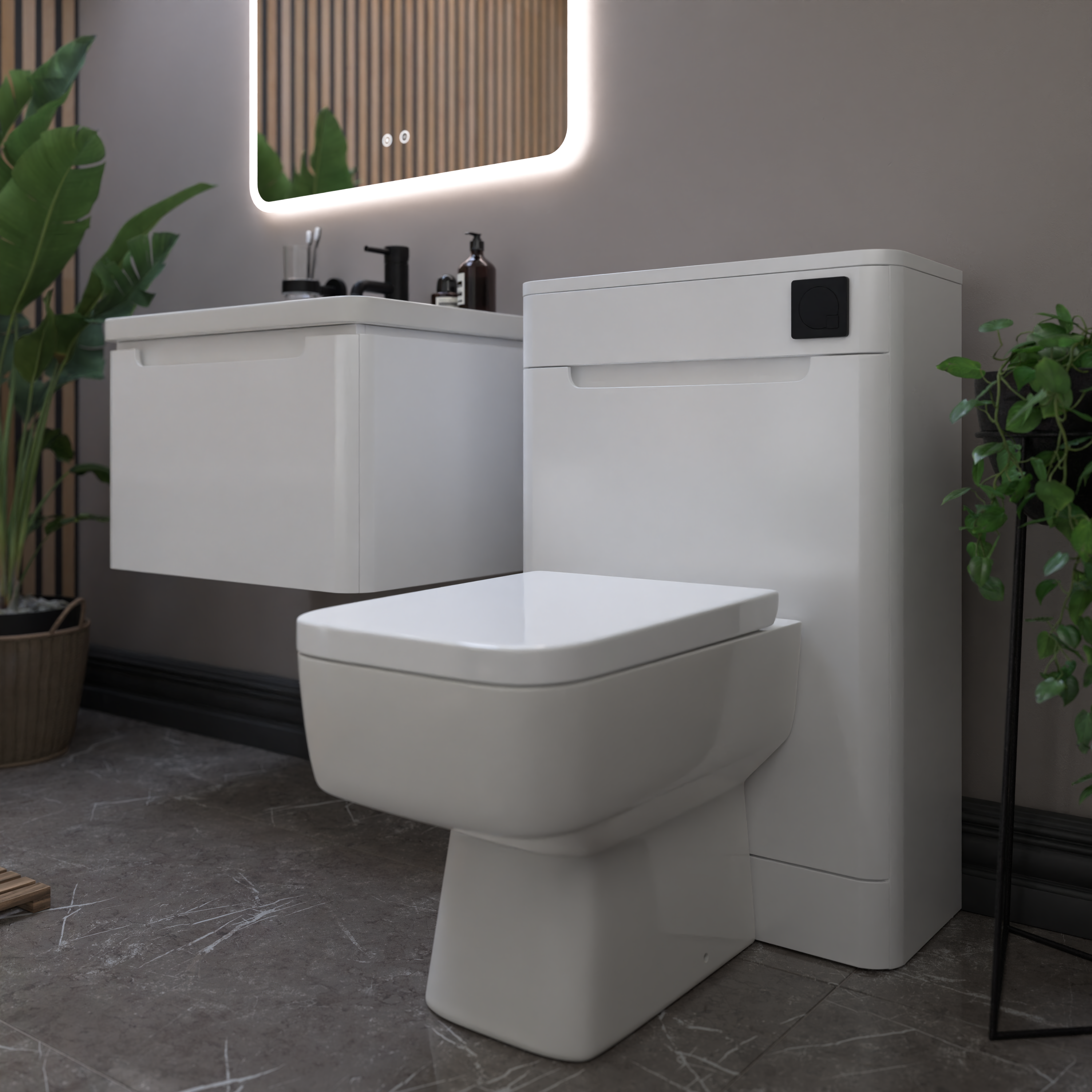
At Wholesale Domestic, we've got all the products you need to elevate your bathroom, from showers, baths and toilets to accessories like mirrors, toothbrush holders and extractor fans. Shop our full range today.

 FREE delivery over £500*
FREE delivery over £500* Visit our showrooms
Visit our showrooms Finance options available*
Finance options available* Apply for a Trade Account
Apply for a Trade Account